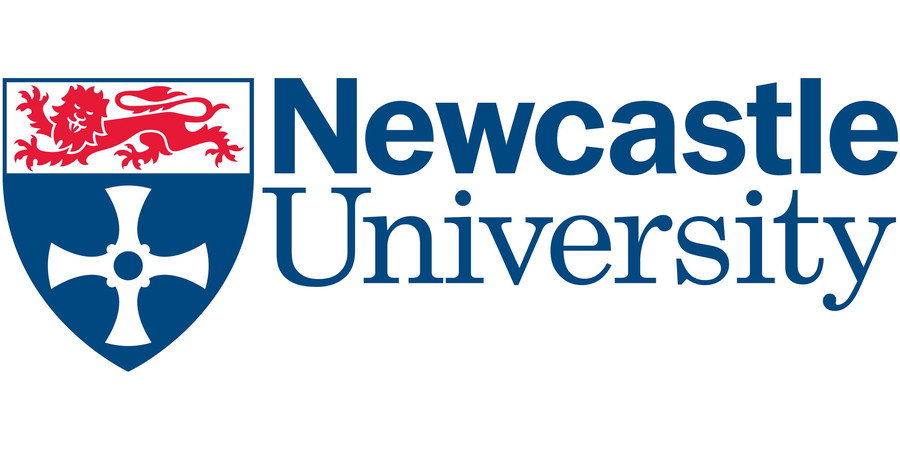Research Associate - Antifungal Drug Discovery
Newcastle University
| Location: | Newcastle upon Tyne |
|---|---|
| Salary: | £34,866 to £45,163 per annum |
| Hours: | Full Time |
| Contract Type: | Fixed-Term/Contract |
| Placed On: | 28th October 2024 |
|---|---|
| Closes: | 11th November 2024 |
| Job Ref: | 27725 |
Company description:
We are a world class research-intensive university. We deliver teaching and learning of the highest quality. We play a leading role in economic, social and cultural development of the North East of England. Attracting and retaining high-calibre people is fundamental to our continued success.
Job description:
The Role
An exciting research associate post is available in antifungal drug discovery. Although often in the shadow of bacterial and viral pathogens, pathogenic fungi cause a wide range of diseases from the superficial to the lethal with recent estimates indicating that invasive fungal infections cause 2.5 million deaths per year. This threat to human health is compounded by the limited classes of drugs licenced to treat fungal infections and the increasing emergence of Antimicrobial Resistant (AMR) isolates/species. The prohibitive costs in discovering and developing new antifungals, demand new ways of approaching this problem and finding rapidly implementable solutions to combat AMR, especially in resource limited settings. Miltefosine is a WHO essential medicine that has been used in the treatment of systemic visceral leishmaniasis (an insect borne protozoal infection) for over 20 years. There is now compelling evidence that miltefosine is also a potent antifungal, with the FDA recently approving orphan drug designation for treating invasive candidiasis. However, a lack of knowledge as to the mode-of-action and spectrum of activity in monotherapy and combination therapy of this WHO Essential Medicine hinders understanding and development.
In this project you will employ multidisciplinary approaches to define miltefosine mode-of-action, exploiting the genetic tractability of select model and pathogenic fungi. This position is funded by the FAILSAFE project https://cmm-failsafe.com/ funded by the UK Department of Health and Social Care's Global AMR Innovation Fund (GAMRIF). You will join a vibrant collaborative team spread across five institutions, with the common goal to drive forward knowledge of the utility and mechanism of miltefosine against a range of pathogenic fungi.
About Us: The Quinn lab studies fungal pathogenesis and is committed to tackling the threat of AMR in treating fungal disease, https://www.ncl.ac.uk/medical sciences/people/profile/janetquinn.html
We are located within the Newcastle University Biosciences Institute https://www.ncl.ac.uk/medical-sciences/research/institutes/biosciences/ and are members of the Microbes in Health and Disease Theme https://www.ncl.ac.uk/medical-sciences/research/research-themes/microbes-in-health-and-disease/ . This vibrant research theme tackles real-world problems in infectious diseases, gut health and antimicrobial resistance. We provide a dynamic and supportive environment for all our members across all career stages. We are committed to Equality Diversity and Inclusion and promote EDI practices in all that we do. This includes family-friendly flexible working arrangements and family-friendly meeting times.
This post is fixed term for a period of 24 Months (Project end date 30.11.26).
For informal enquiries contact: Professor Janet Quinn - janet.quinn@ncl.ac.uk
In your application, please provide evidence of how you meet the essential and desirable criteria required for the role outlined in ‘The Person' by uploading a letter of application along with your Curriculum Vitae (CV).
Find out more about the Faculty of Medical Sciences here: https://www.ncl.ac.uk/medical-sciences/
Find out more about our Research Institutes here: https://www.ncl.ac.uk/medical-sciences/research/institutes/
As part of our commitment to career development for research colleagues, the University has developed 3 levels of research role profiles. These profiles set out firstly the generic competences and responsibilities expected of role holders at each level and secondly the general qualifications and experiences needed for entry at a particular level.
Advert information
Type / Role:
Subject Area(s):
Location(s):









